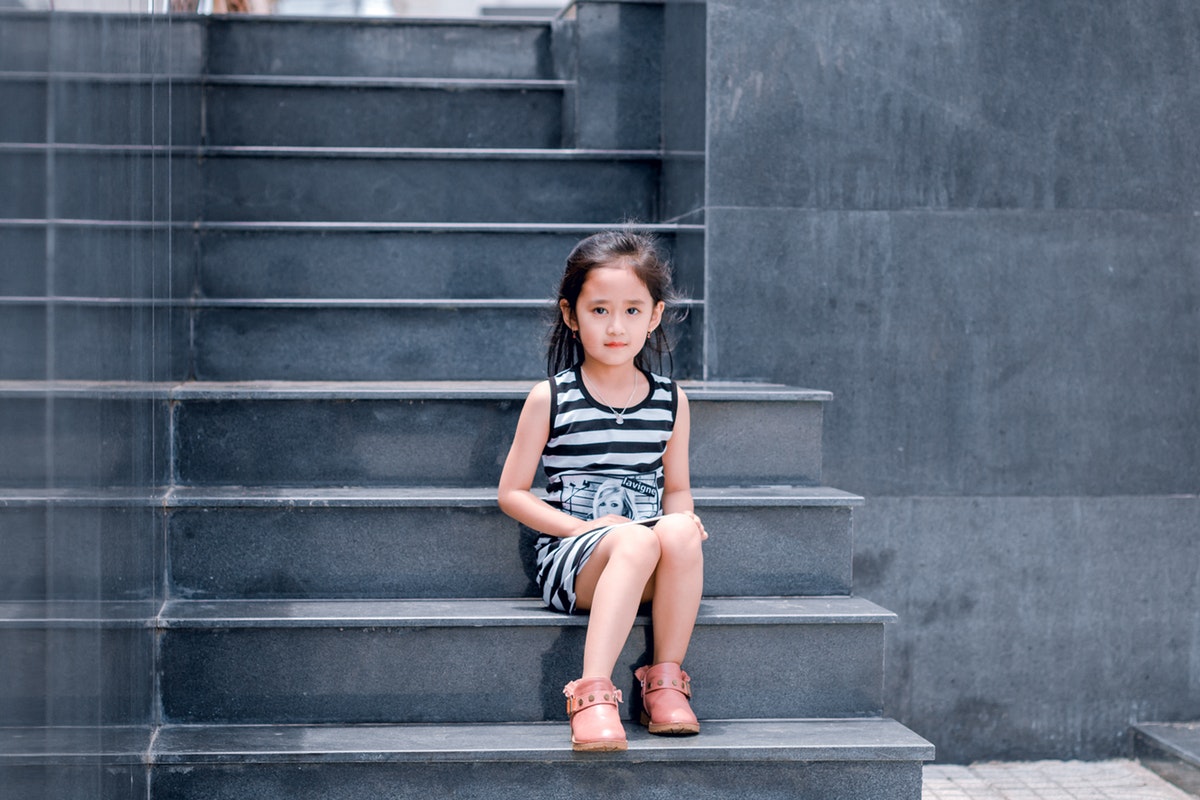Scrutinize your child’s online behavior for warning signs of mental health issues linked to social media use. Pay attention to changes in mood, sleep patterns, self-esteem, and real-world social interactions. Encourage open, non-judgmental communication about their experiences and feelings related to social media. Set clear boundaries around screen time and model healthy habits yourself to promote responsible, balanced social media consumption.
The Links Between Social Media and Mental Health Issues

The Role of Cyberbullying
Social media platforms can unfortunately enable cyberbullying, which can have devastating effects on mental well-being, particularly for young people. Behind the anonymity of a screen, bullies may feel emboldened to harass, mock, or threaten others. Victims of cyberbullying often experience anxiety, depression, low self-esteem, and even suicidal thoughts. The constant barrage of negativity and cruelty can make them feel isolated, powerless, and afraid to seek help.
Moreover, the 24/7 nature of social media means there is no escape from the torment. Cyberbullying can invade every aspect of a young person’s life, following them from the schoolyard to their bedroom. This relentless exposure to abuse can severely impact mental health, leading to decreased academic performance, social withdrawal, and a host of psychological issues.
As a society, we must recognize the seriousness of cyberbullying and take steps to prevent it, support victims, and hold bullies accountable for their actions online. Open communication, empathy, and swift intervention are key to protecting the mental well-being of our youth in the digital age.

Addictive Nature of Social Media
Social media platforms are designed to be engaging and rewarding, which can lead to excessive use that displaces healthier activities. The constant stream of notifications, likes, and comments activates the brain’s reward system, releasing dopamine and creating a sense of pleasure. Over time, this can develop into a compulsive need to check social media frequently, similar to addiction.
When social media use becomes excessive, it can take time away from face-to-face interactions, physical activity, sleep, and other essential aspects of a healthy lifestyle. This displacement can contribute to feelings of loneliness, anxiety, and depression. It’s important for parents to be aware of the signs of problematic social media use, such as difficulty setting limits, neglecting responsibilities, or experiencing distress when unable to access social media. By promoting a balanced approach to social media and encouraging alternative activities, parents can help their children develop healthier habits and protect their mental well-being.

5 Red Flags Your Child’s Social Media Habit is Harming Their Mental Health
Dramatic Changes in Mood or Behavior
As a parent, it’s crucial to be aware of sudden or dramatic changes in your child’s mood or behavior that may be linked to their social media use. Watch for signs such as increased irritability, withdrawal from family and friends, loss of interest in activities they once enjoyed, or a preoccupation with their online presence. If your child becomes secretive about their social media use, expresses feelings of inadequacy or low self-esteem, or experiences drastic changes in sleep patterns or appetite, these could be red flags. It’s important to approach your child with compassion and understanding, creating an open dialogue about their experiences online. If you notice persistent or severe changes in their mental state, don’t hesitate to seek guidance from a mental health professional who can provide support and strategies for promoting healthier habits.
Declining Real-World Relationships
When social media interactions start to replace in-person connections with friends and family, it can negatively impact mental health. Face-to-face interactions provide a depth of connection and support that online interactions often lack. Children who spend more time on social media may experience increased feelings of loneliness and isolation, as their digital connections fail to fulfill their emotional needs. This shift away from real-world relationships can also lead to greater vulnerability to peer pressure and a distorted perception of reality based on curated online personas. Encouraging a balance between online and offline interactions is crucial for maintaining strong, supportive relationships and promoting positive mental health.
Constant Comparisons and Fixation on Likes
Social media can fuel a fixation on likes, comments, and follower counts as measures of self-worth. Constantly comparing oneself to the curated highlight reels of others often leads to feelings of inadequacy and low self-esteem. Teens may feel pressure to present an idealized version of their lives online, masking authentic emotions. This quest for validation through likes can become addictive and all-consuming. It’s crucial for parents to help children understand that their inherent value extends far beyond their online popularity. Encourage offline activities, hobbies, and relationships that bolster genuine self-confidence. Model healthy social media habits and engage in open dialogues about the unrealistic nature of online personas.
Sleep Disruption and Fatigue
Late-night social media use can seriously disrupt your child’s sleep. The bright screens suppress melatonin production, making it harder to fall asleep. Scrolling through emotionally-charged content can also lead to heightened anxiety and racing thoughts at bedtime. Poor sleep hygiene exacerbates many mental health symptoms, including depression, irritability, and difficulty concentrating. Encourage earlier device curfews and wind-down routines to protect your child’s sleep and support their overall well-being. If sleep troubles persist, consult your pediatrician for personalized guidance.
Loss of Interest in Hobbies and Activities
When children become excessively absorbed in social media, they may lose interest in hobbies and activities they once enjoyed. If your child suddenly abandons sports, creative pursuits, or socializing with friends in favor of endless scrolling, it could be a red flag. Social media’s constant stimulation and instant gratification can make real-world activities seem dull by comparison. However, engaging in diverse pastimes is crucial for children’s development and well-being. If you notice this change, talk to your child compassionately about finding a healthier balance between social media and other fulfilling activities. Encourage them to rediscover their passions and set reasonable limits on screen time.
Helping Your Child Build a Healthier Relationship with Social Media
As a parent, you play a crucial role in helping your child navigate the complex world of social media. Start by having open and honest conversations about the potential risks and benefits of these platforms. Encourage them to share their experiences and concerns, and actively listen without judgment. Work together to set reasonable boundaries, such as limiting screen time and establishing digital curfews. Teach your child to be mindful of the content they consume and share, emphasizing the importance of privacy, online etiquette, and critical thinking.
Model responsible social media habits yourself, as children often learn by example. Regularly engage in offline activities as a family, promoting a balanced lifestyle that includes face-to-face interactions, physical activity, and hobbies. Stay informed about the latest social media trends and technologies, and be proactive in monitoring your child’s online activities. However, avoid being overly intrusive, as trust is essential in maintaining open communication.
Encourage your child to cultivate a positive digital footprint by sharing content that reflects their values and interests. Teach them to handle negative interactions, such as cyberbullying, by reporting offensive content and seeking support from trusted adults. Foster their self-esteem and resilience by praising their accomplishments, both online and offline.
Remember, every child is unique, and there is no one-size-fits-all approach to managing social media use. Be patient, adaptable, and supportive as your child learns to navigate this digital landscape. If you notice signs of distress or significant changes in behavior, consider seeking guidance from a mental health professional who can provide personalized preventive strategies and support. By taking an active role in your child’s online life, you can help them build a healthier relationship with social media and protect their mental well-being in the digital age.
As a parent, it’s crucial to recognize the significant impact that social media can have on your child’s mental health. By staying informed, actively engaging in conversations about online experiences, and setting appropriate boundaries, you can help foster a healthier relationship between your child and social media. Remember, your involvement and support play a vital role in promoting your child’s overall well-being.
If you notice persistent changes in your child’s behavior or suspect that social media is negatively affecting their mental health, don’t hesitate to seek professional help. Mental health professionals, such as therapists or counselors, can provide valuable guidance and support in navigating the challenges associated with social media use. They can also help develop personalized strategies to enhance your child’s resilience and coping skills in the digital age.
By working together as a community of parents, educators, and healthcare professionals, we can create a supportive environment that prioritizes the mental health and well-being of our children in the face of social media’s influence. Let us empower our children to thrive both online and offline, ensuring that they can enjoy the benefits of social media while minimizing its potential risks to their mental health.







